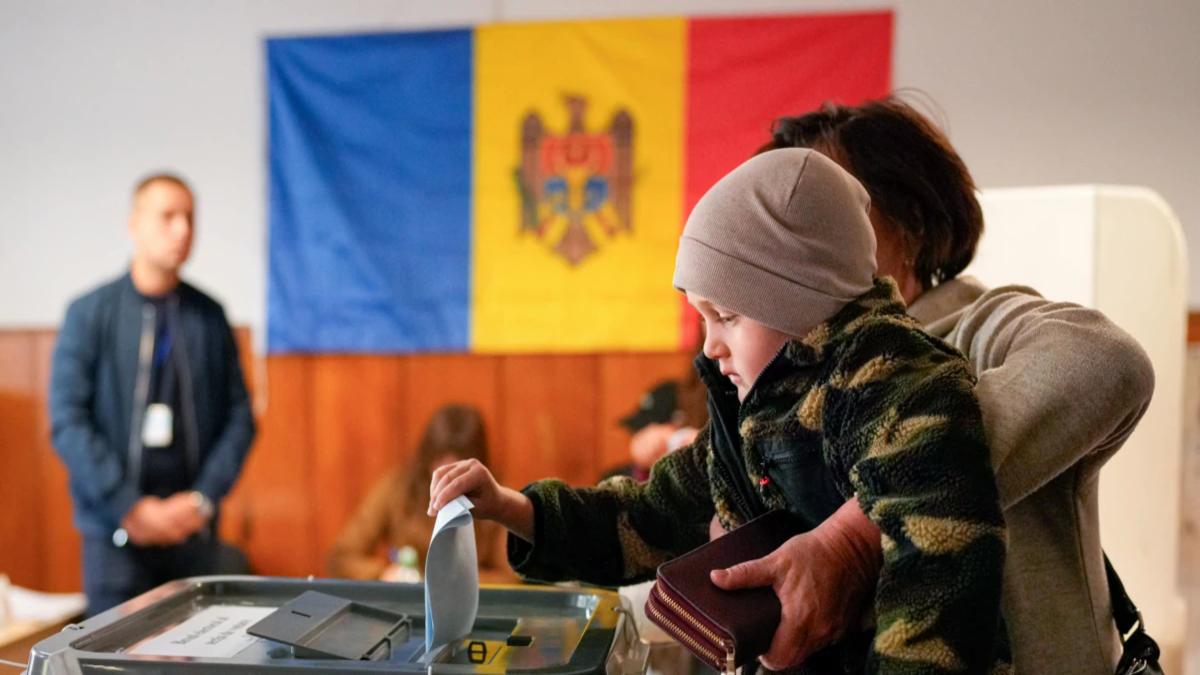Article Body
Moldova's pro-European Party of Action and Solidarity led early results in the parliamentary election held on Sept. 28, positioning it to retain its majority in the 101-seat legislature.
The Central Electoral Commission reported a turnout of 52 percent as polls closed, with partial counts showing the party ahead of pro-Russian opponents. The vote determines whether the country advances toward European Union membership or shifts closer to Moscow's influence.
The election took place across Moldova and its diaspora, including over 267,000 votes from abroad. Authorities reported hoax bomb threats at polling stations in Chisinau and overseas locations such as Rome and Bucharest, as well as cyberattacks on electoral systems. President Maia Sandu described the threats as part of a broader Russian effort to disrupt the process.
Sandu, who heads the Party of Action and Solidarity, urged voters outside a Chisinau polling station to choose carefully. "Don't play with your vote or you'll lose everything," she said. In a separate statement, she added, "Moldova is in danger. Russia can do a lot of harm. It wants to control us in order to use us against other states."
Moldovan police arrested three individuals suspected of planning post-election unrest, according to the Interior Ministry. Officials alleged Russia spent hundreds of millions of dollars on vote-buying and disinformation campaigns, including fake videos targeting Sandu. Russia's embassy in London rejected the claims, calling them an attempt to divert attention from domestic issues.
Igor Dodon, leader of the pro-Russian Socialist Party within the Patriotic Electoral Bloc, claimed the pro-European government planned to annul the results. "The opposition is winning," he said.
Final results were expected later on Sept. 29, with the commission scheduled to certify the outcome by Oct. 3.

Comments